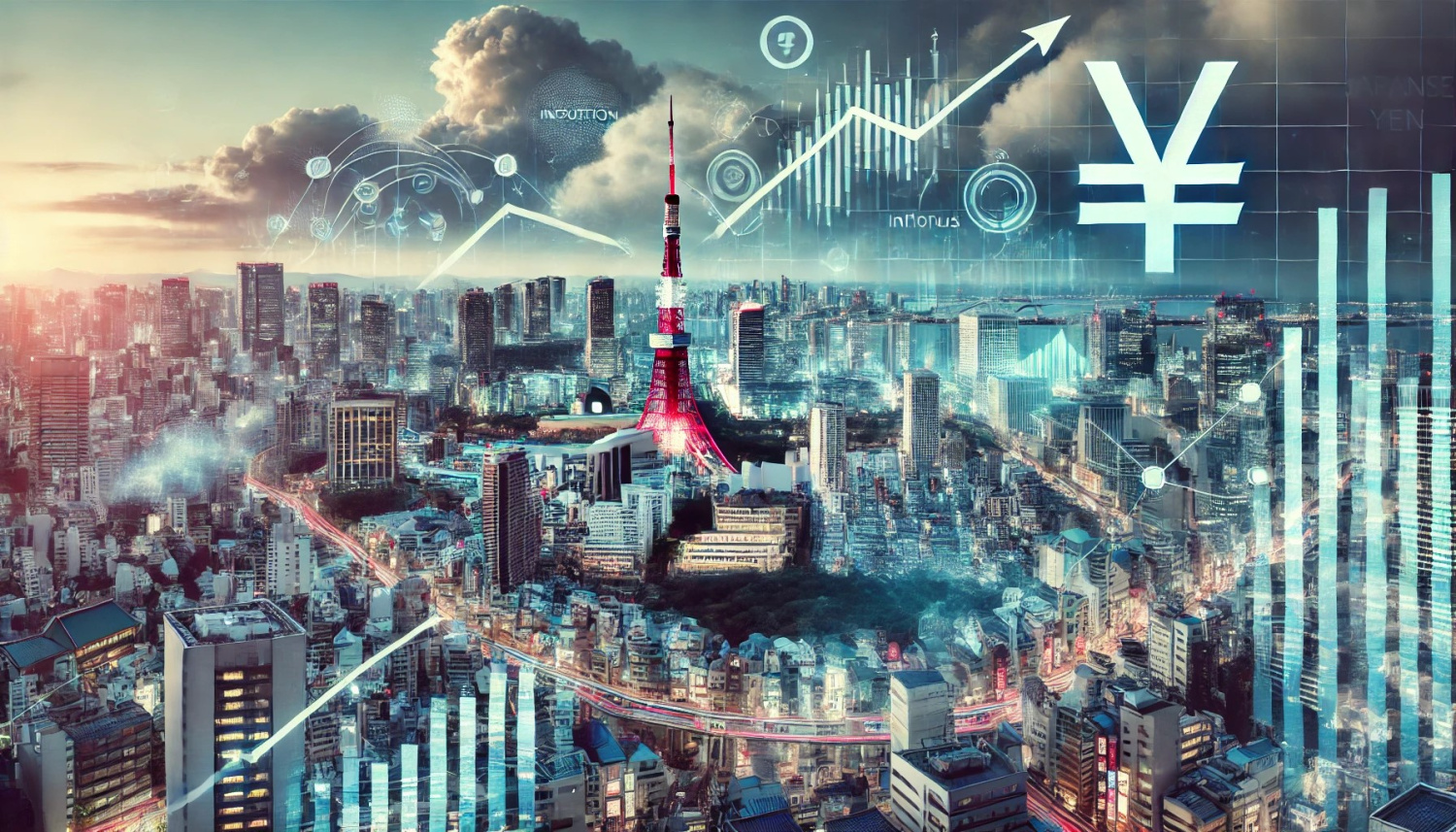
(Photo : Japan's Economy Shows Steady Recovery Amid Cautious Outlook)
- Japan's foreign minister, Takeshi Iwaya, visited China to address the seafood trade dispute.
- Both nations agreed to work towards restarting seafood shipments from Japan to China.
- China expanded its visa-free entry policy to Japan, hoping to boost economic ties.
- Despite progress, the path to a stable relationship between China and Japan remains complex.
In a significant diplomatic move, Takeshi Iwaya, Japan's foreign minister, recently embarked on his first official visit to China since assuming office in October. The primary focus of the visit was to address the contentious issue of seafood trade, which has been a bone of contention between the two nations. China, which was once Japan's largest export market for aquatic products, had imposed a ban on them in response to Tokyo's decision to release treated radioactive wastewater into the ocean.
During his visit, Iwaya held talks with his Chinese counterpart, Wang Yi, and met other Chinese officials. He underscored the importance of having concrete and tangible examples of future possibilities of Japan-China ties. He also emphasized the need for both nations to fulfill their responsibilities and work together for the peace and prosperity of the region and the international community.
Wang reciprocated Iwaya's sentiments, stating that the stability of China-Japan relations would contribute to the stability of Asia. However, he also highlighted the ongoing issue of Japan's discharge of wastewater from the Fukushima nuclear plant, which has been a major sticking point in bilateral ties.
Agreement on Seafood Trade and Fukushima Wastewater
In a significant move, both governments reached an agreement in September that would set a path towards restarting seafood shipments from Japan to China. This came after China imposed a full ban last year when Japan began releasing the treated radioactive water. Reports suggest that China is contemplating lifting the import ban on Japanese seafood. However, it still seeks reassurances from Tokyo that it would fulfill its commitment to setting up a long-term international monitoring arrangement and allowing stakeholders such as China to conduct independent sampling and monitoring of the treated water.
The visit also follows an agreement between the leaders of both countries to work towards a mutually beneficial strategic relationship. Chinese President Xi Jinping, during his meeting with Japanese Prime Minister Shigeru Ishiba on the sidelines of the Asia-Pacific Economic Cooperation forum in Lima, Peru, stated that the relations between the neighboring countries are in a critical period of improvement and development. He urged both nations to be partners, not threats.
Despite their close economic and investment ties, the relationship between China and Japan is complicated by long-standing geopolitical disagreements and historical wartime sensitivities. Iwaya, the first Japanese foreign minister to visit since April last year, may raise his country's concerns about Chinese military activities around Japan as well as regional issues including North Korea.
China's Visa-Free Policy and Economic Ties
In a related development, China has been expanding its visa-free entry policy to more countries, including Japan, in a bid to boost its economy. Last month, Beijing expanded its visa-free arrangements to include Japan until the end of 2025, restoring a policy that was suspended during the pandemic. The stay period was also extended to 30 days from 15.
Japanese citizens were able to enter China without a visa for up to 14 days before COVID-19. While Japan has not decided on a reciprocal move, China has expressed hope that Japan would work towards improving people exchanges between the two countries.









